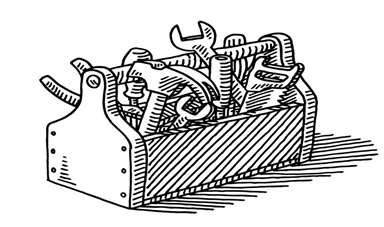Loading component...
At a glance
There is a lot of room for optimism in how we understand ethics at work and in business.
In the 1990s, when I started researching business ethics, many people would react with, “Isn’t business ethics an oxymoron?” Or, “Business ethics – must be a really short course.”
For decades, in many work contexts, ethics was something that couldn’t be discussed.
Managers would mask decisions motivated by ethical concerns with language that lacked moral content, as it was the only way they could make them acceptable for a business audience.
This phenomenon – the moral muteness of managers – was identified and reported by ethics researchers.
In those days, some business people would even say that ethics is OK for Sunday but not during office hours, where it’s a dog-eat-dog world and ethics is irrelevant or unnecessary.
But we have moved on. Now business leaders, regulators and politicians are a lot more comfortable uttering the word “ethics”, and they support the need for ethical values and behaviours in business.
There is also a realisation that while hard elements such as laws, regulations and policies are essential, it is also important to pay attention to the culture. Having an ethical culture is fundamental to organisational ethics.
But sometimes it seems to be used as another element of the ethics toolkit: code of ethics, policy, leadership, culture, and so on.
For a firm to have an ethical culture, ethics must be alive in everything that happens there.
I think culture is a consequence of everything we do, and it is also the driver of what we do. The simplest definition of culture is “the way we do things around here”.
Now, the way we do things around here is affected by all inputs – such as an entity’s mission, objectives, strategy, rewards, expectations, leaders, colleagues, competitors, regulation and policies.
The way we do things encompasses what we do, why we do it and how we do it.
Culture is like a person’s character. Character describes the moral make-up of a person. It’s usually pretty reliable and stable. We generally see it as something that develops gradually and, while not impossible to alter, any changes do not happen quickly and can’t be imposed.
For a firm to have an ethical culture, ethics must be alive in everything that happens there. And it is important to understand, assess and evaluate the culture at the entity and unit level to see how people perceive it.
Such understanding can help us make sense of how things happen around here, and why they do.
Unlike a lot of rhetoric that is divorced from reality, culture is the reality experienced by people.
We cannot make people feel we have an ethical culture if the way we act around here is not ethical. In such circumstances the more that ethics is talked about, the more damage is potentially done, as people will become more cynical and less trusting.
In business, we have moved from ethics as a taboo to ethics as an important element of trust and market sustenance. Now we have to focus on cultivating an ethical culture.
Dr Eva Tsahuridu is CPA Australia’s former policy adviser, professional standards and governance.

